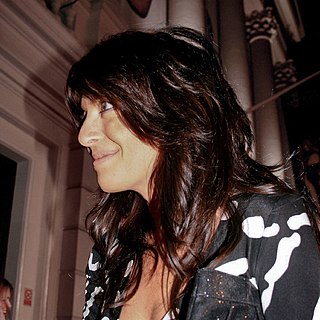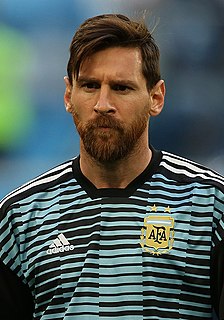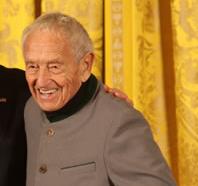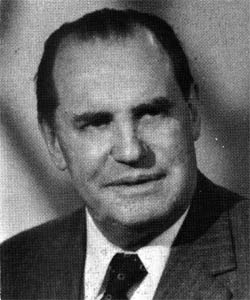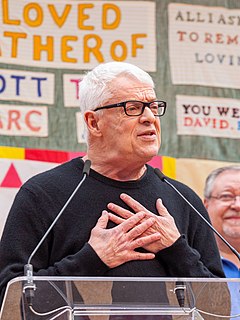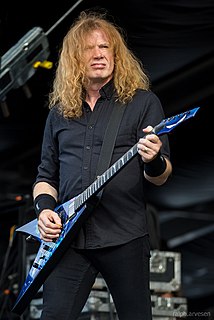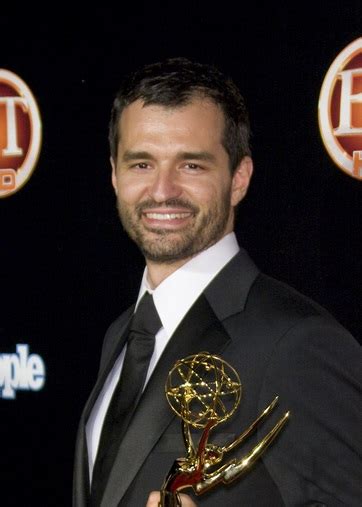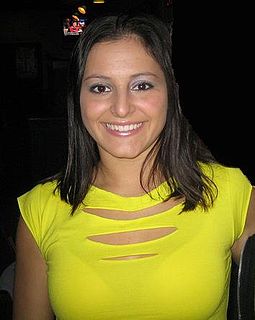A Quote by Simon McBurney
I was very bad at mathematics in school, and I always had the feeling as a kid that when I worked on problems, that I would be wrong.
Related Quotes
Mathematical thinking is not the same as doing mathematics - at least not as mathematics is typically presented in our school system. School math typically focuses on learning procedures to solve highly stereotyped problems. Professional mathematicians think a certain way to solve real problems, problems that can arise from the everyday world, or from science, or from within mathematics itself. The key to success in school math is to learn to think inside-the-box. In contrast, a key feature of mathematical thinking is thinking outside-the-box - a valuable ability in today's world.
As a kid, I dreamt of becoming a writer. My most exciting pastime was reading novels; in fact, I would read anything I could find. I never thought I would pursue mathematics until my last year in high school. I grew up in a family with three siblings. My parents were always very supportive and encouraging. It was important for them that we have meaningful and satisfying professions, but they didn't care as much about success and achievement.
On foundations we believe in the reality of mathematics, but of course, when philosophers attack us with their paradoxes, we rush to hide behind formalism and say 'mathematics is just a combination of meaningless symbols,'... Finally we are left in peace to go back to our mathematics and do it as we have always done, with the feeling each mathematician has that he is working with something real. The sensation is probably an illusion, but it is very convenient.
It has been a fortunate fact in the modern history of physical science that the scientist constructing a new theoretical system has nearly always found that the mathematics. . . required. . . had already been worked out by pure mathematicians for their own amusement. . . . The moral for statesmen would seem to be that, for proper scientific "planning", pure mathematics should be endowed fifty years ahead of scientists.
I've always had a preference for digital, all the way. I grew up through video and camcorders, and I was part of the VHS generation. I made all my stuff in high school on video, and worked for public access. Staying in digital is a very familiar, very natural progression of the things that I've worked in before, and I always try to break as much new ground as I can.
I was awkward-looking with huge brown eyes, dark brown, pencil-straight hair styled into an old-school Romanian bowl haircut from the 1980s. And I was very, very small. I was always the tiniest kid on my street and in my classes at school... The gym was the one place I didn't have to worry about feeling awkward for being so petite.




